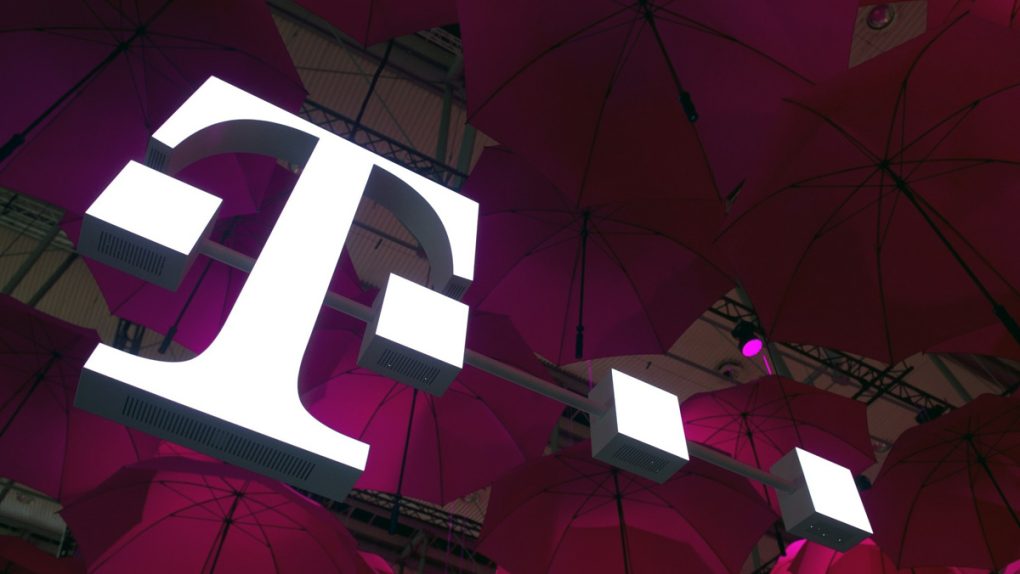T-Mobile has spent a whole boatload of its Un-Carrier money on claiming that it has the best network for unlimited. The tag line appears on most of the company’s ads, and is based on average speeds from crowdsourced speed data from two testing companies.
Naturally, Verizon and AT&T, the two biggest networks with historically the best service, don’t really like T-Mobile’s methodology. They prefer road-tested data which they say gives a more scientific result, and now AT&T has taken its case to the closest thing companies have to an advertising watchdog.
AT&T complained about T-Mobile’s “Best unlimited network” claim to the National Advertising Division, a voluntary advertising watchdog run by the Council of Better Business Bureaus. It rules on advertising complaints, and while its decisions are “suggestions” rather than enforceable rulings, they have traditionally carried a lot of weight.
The NAD has recommended that T-Mobile discontinue its “best unlimited network” claim, ruling that even if T-Mobile’s claims about having the fastest network are true (something AT&T disputes), just having the fastest average download speed doesn’t make your network the “best.” It’s actually a surprisingly shrewd ruling: reliability is arguably just as important to consumers as data speed, and Verizon and AT&T have long argued that coverage and consistency is what sets their networks apart, not raw speed.
In a statement, T-Mobile said that it “has the best unlimited network for consumers — and we wanted to share that with them in a simple and clear way! We plan to appeal NAD’s decision.” That appeal will go to the National Advertising Review Board.
This isn’t the first time that mobile carriers have run afoul of the NAD. Earlier this year, Verizon challenged some of Sprint’s claims to the NAD, and the board ruled in that case that third-party crowdsourced testing may not be representative of the actual user.










